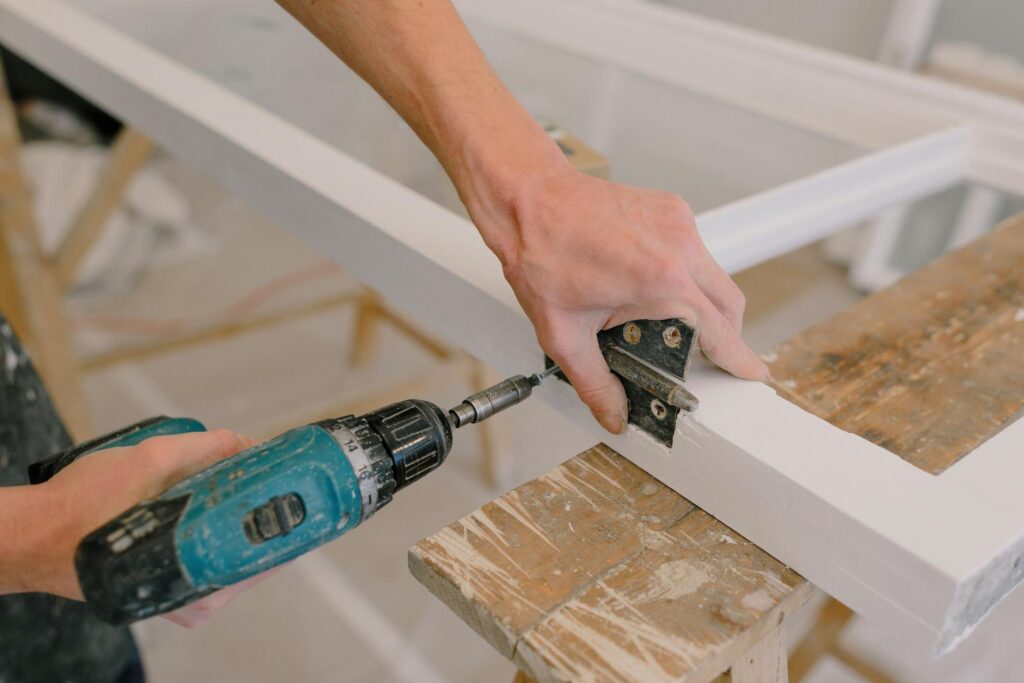Although it happens very seldom, accidental glass breaking is a possibility. Glass can break without an external force for a number of causes, but the two most common ones are nickel sulphide inclusions and thermal shock (also known as thermal stress).
Sometimes people use commercial glazing on the window as it is glazing, which is used on business buildings and is virtually always necessary. In contrast, residential glazing refers to glazing on housing developments like your home’s doorways and window panes.
Some Causes
Thermal Shock
The glazing may be subject to “thermal shock,” also known as “thermal stress,” when there is a substantial temperature difference throughout the surface of a glass pane.
This can happen in a variety of ways, such as when there is a sharp contrast between both the edge as well as the middle of the window.
Bad Edge Quality
A chip or dent along the edge is a manufacturing problem that occurs when the product is cut into plate thickness or even during manufacturing or shipment. Although it might not be noticeable at first, straining all around the edges after installation might lead to spontaneous breaking, necessitating urgent glass repair.
Manufacturing Errors
The glass could include nickel sulphide inclusions. The most frequent cause of these imperfections is the employment of stainless-steel equipment in the production and handling of glass.
Internal tensions in the glass are caused by nickel-containing nickel-containing stainless shavings that develop and alter structure over time.
Prevention
Protective Glass
Thermal shock-induced spontaneous glass breaking is less likely when hardened glass is used in glazing systems. Commercial glazing that is a maximum of five times tougher than regular float glass is left behind after the fast chilling and heating process destroys weak panes.
Moreover, the already extremely low probability of nickel sulphide malfunctions can be decreased by the hardening procedure.
Less Dangerous
The biggest advantage of using security film to cover your windows is security. The covering would retain the windshield around each other if it is cracked, protecting it from breaking, and this will dissuade burglars because they won’t be capable of breaking the glass. In this situation, you will also be shielded from glass fragments slicing your skin.
Heat-Saturated Glass
A further stage that can be added to the production of glass is heat absorption. It utilises a carefully regulated heating cycle that quickens the nickel sulphide expansions that would naturally take place over time and results in any weak windows that might have been susceptible to a nickel sulphide cracking disintegrating.
Conclusion
Our modern houses and business buildings are completely covered in glass. Glass is a wonderful feature, but it can be frustrating and dangerous if it breaks unexpectedly. It’s crucial to have a strategy in place so that you can react as swiftly and safely as you can, whether you’re working with a broken glass fragment or just a scratch.
